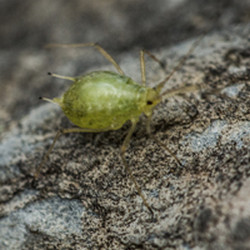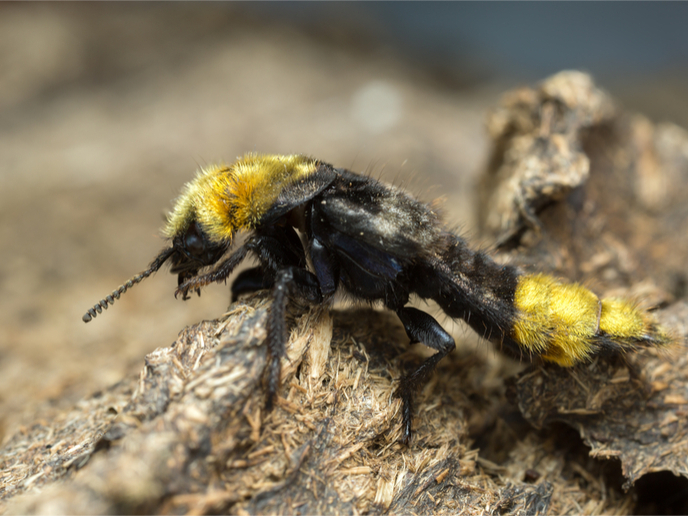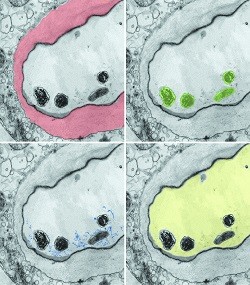When the heat is on species survival
Many species are dependent on temperature for other ecological niches, such as the reproductive or food niche, for example. Relationships between tightly co-evolved species may also be affected by thermal change. Parasitism is perhaps the archetypal example of a co-evolved relationship. To investigate the effects of temperature change, the EU-funded COEVOLCLIM project looked at the grain aphid, Sitobion avenae and its main parasitoid, Aphidus rhopalosiphi. The aphid pests feed on winter and spring cereals and the parasitoid wasp lays its eggs in the aphid where they develop. COEVOLCLIM researchers looked at the effects of temperature at the pre-egg laying stage when behavioural effects come into play. At the post-egg deposition phase, immunological interactions affect survival of both when the parasitoid is developing in the aphid. Both behavioural and immunological interactions were disrupted by temperature but warmer temperatures had a stronger effect on these interactions. At warmer temperatures, physiological responses such as metabolic rate and behavioural parasitoid attack rate affect the relationship. At lower temperatures, there is a reduction in activity of both species. For immune interactions, aphid resistance increased with temperature. The research has given an insight on the possible effects of climate change on host-parasitoid relationships that can be applied to other species. In particular, this would apply to ectotherms such as insects, snakes, turtles, snails whose body temperature relies primarily on the ambient temperature. In a time of great change and where conservation is paramount, knowledge about the effects of climate change on plant and animal communities is crucial. Bio-control methods can also use information on species temperature relationships to improve pest regulation for hothouse crops.
Keywords
Global warming, species survival, interaction, grain aphid, parasitoid wasp, behaviour, immunological interaction, ectotherm, pest regulation







